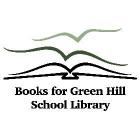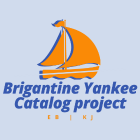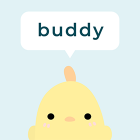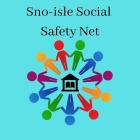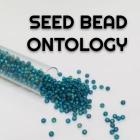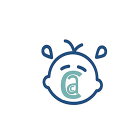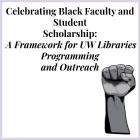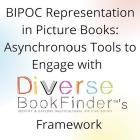
BIPOC Representation in Picture Books: Asynchronous Tools to Engage with Diverse BookFinder's Framework
Diverse BookFinder critically reframes diversity in picture books through identifying trends in BIPOC representation and providing resources for creating intentional collections that decenter whiteness as the dominant narrative. This capstone initiates developing asynchronous teaching and learning resources that complement existing tools. Through a sorting activity that connects dominant messaging trends and race/culture narratives, librarians, educators, and caregivers will grow their awareness of the impact of BIPOC representation and develop skills to expand their own collections. This project highlights the necessity of active engagement and reflection around which books we read, whose stories we value, and how experiences inform narratives.

